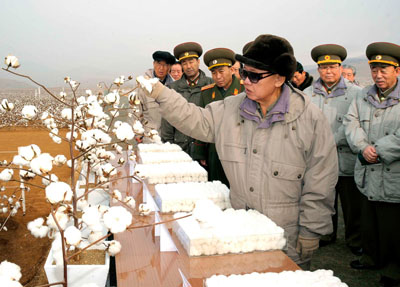The consensus seems to be that there’ll be no breakthrough soon. But there’s also a sense that we might have reached a turning point, or at least a fork in the road. Today is the ides of March!
There is no more difficult and apparently intractable security problem in Northeast Asia than that of North Korea. The Obama Administration has been reluctant to deal with the regime until there is assurance that the ultimate objective of denuclearisation is really on the table: it is adamant that there will be no more concessions until the previously negotiated progress on verifiable denuclearisation is delivered. Pyongyang has been digging in but over recent months has shown signs of an interest in re-engaging. Without what President Lee Myung Bak calls a comprehensive settlement (denuclearisation as well as engaging on the economy, and a peace treaty with the United States) there will be insufficient basis of trust all round for a breakthrough.
A critical interest in recent developments is what has been happening in the North Korean economy. In this week’s lead, Rudiger Frank offers an informed interpretation of where things are at with the botched currency reform. The North Korean leadership’s unprecedented back-down is an important signal of how far the economic reforms that were put in place from the beginning of this decade have taken the economy away from its old Soviet mould, perhaps to the point of no return. This doesn’t mean that the damaging effects of the recent currency reform will be willingly or readily removed. Nor does it mean that very imperfect markets in North Korea (largely cut off from the rest of the world) can alone solve North Korea’s economic problems. For one thing, North Korea (as the devastating famine of the 1990s established even in the North Korean official mind) is an economy that needs international trade to feed itself at barest subsistence levels. It always has in modern times, and it always will even if it had the most efficient agricultural sector in the world. But letting markets begin work is the first step in preparing for more openness.
Pity this wasn’t understood in Washington a decade ago. Also a pity that Canberra, which had the opportunity for better intelligence on these economic developments than most places, sat on its patsy, and still is. But for the future, let’s see if the present stirrings mean anything new.

